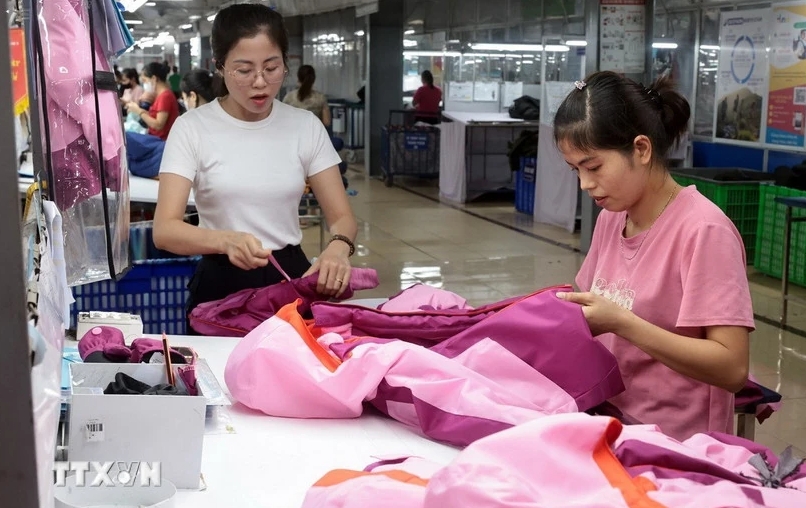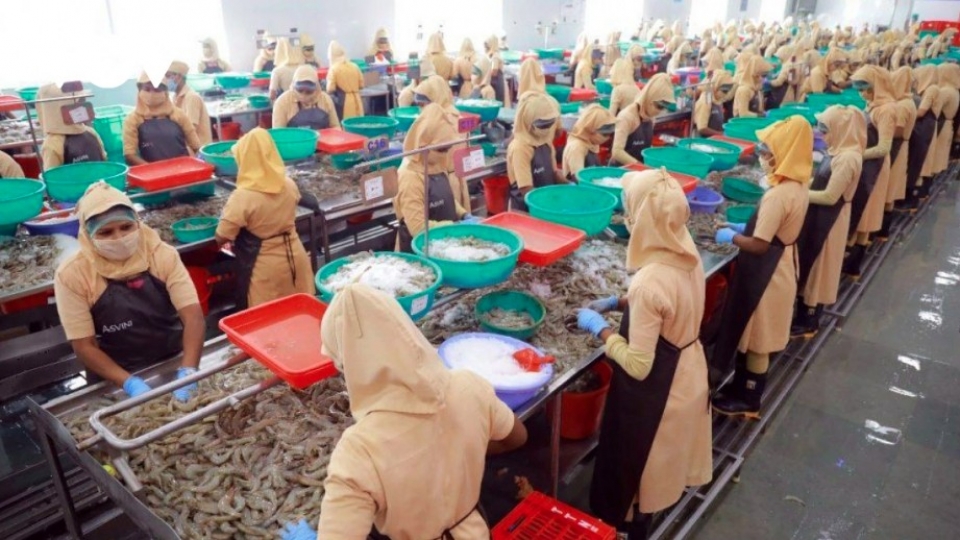Vietnam, EFTA working on 18th FTA negotiation round in Da Nang
The 18th negotiation round of a free trade agreement (FTA) between Vietnam and the European Free Trade Association (EFTA) is taking place in the central city of Da Nang from November 25 to 28, reported the Ministry of Industry and Trade.

Speaking at the opening session, Nguyen Sinh Nhat Tan, Deputy Minister of Industry and Trade and chief negotiator of the Vietnamese Government, underlined that the two sides share the goal of making every effort to conclude the negotiations at this round, and are ready to adopt necessary flexibilities to ensure a balanced agreement that benefits both.
After the first day of discussions, Pham Hung, Deputy Chief of the Office of the Steering Committee for International Economic Integration – the support agency to the Vietnamese negotiation delegation, said that both sides are working hard to narrow the remaining gaps and that the 18th round is progressing very positively.
Although trade relations between Vietnam and EFTA – which consists of Switzerland, Norway, Iceland, and Liechtenstein – are not as large in scale as with some of Vietnam’s major partners, they are highly complementary.
According to data at the end of 2024, trade between Vietnam and the bloc exceeded US$3.5 billion, maintaining stable growth over the years. Vietnam’s key exports to EFTA member states include footwear, textiles and garments, machinery and equipment, mobile phones and components, along with agricultural products such as coffee and cashew nuts. In return, Vietnam mainly imports high-tech and high-value products from EFTA such as pharmaceuticals, precision machinery, medical devices, and chemicals.
Each EFTA member posseses strengths that create a diverse and promising market for Vietnamese goods and services. Switzerland is a global hub for finance and biotechnology and excels in chemicals, pharmaceuticals, manufacturing, and banking services. Norway is renowned for its energy sector, fisheries (especially salmon), and advanced maritime technologies. Iceland has strengths in geothermal energy, seafood processing technologies, and eco-tourism. Liechtenstein is an important financial centre with a strong precision engineering industry.
Given these clear economic benefits, the Da Nang round is focusing on resolving outstanding issues in a frank, practical, and flexible manner from both sides. Early completion and signing of the FTA is expected to help both parties respond more effectively to the complex developments of the global economy.



